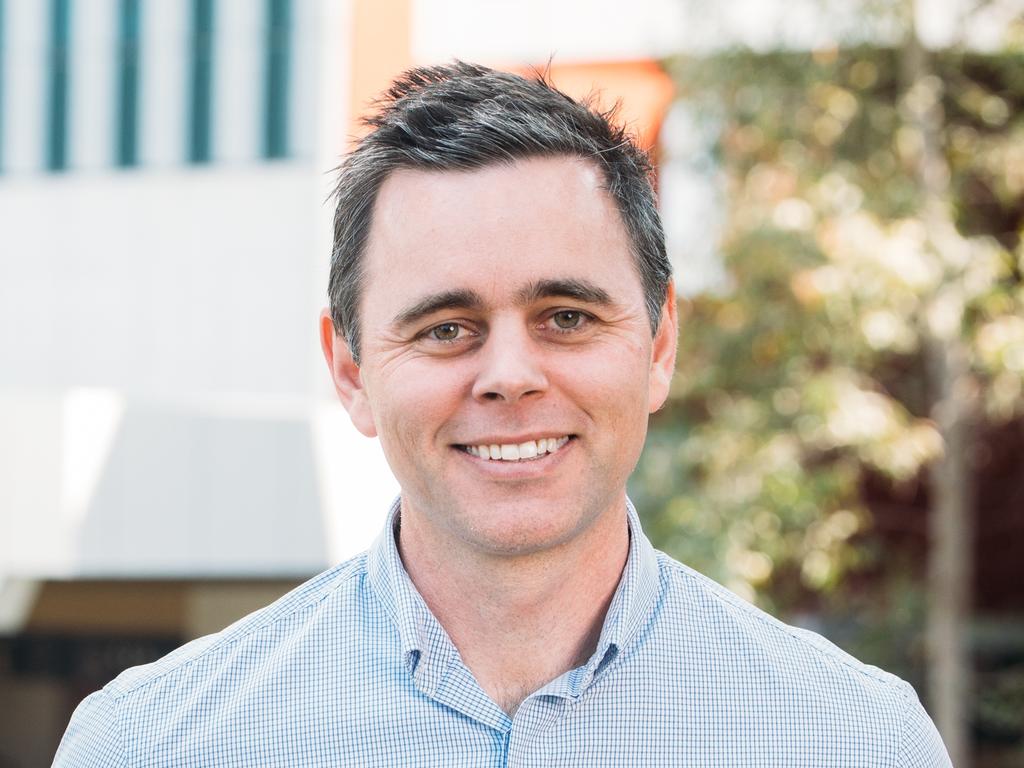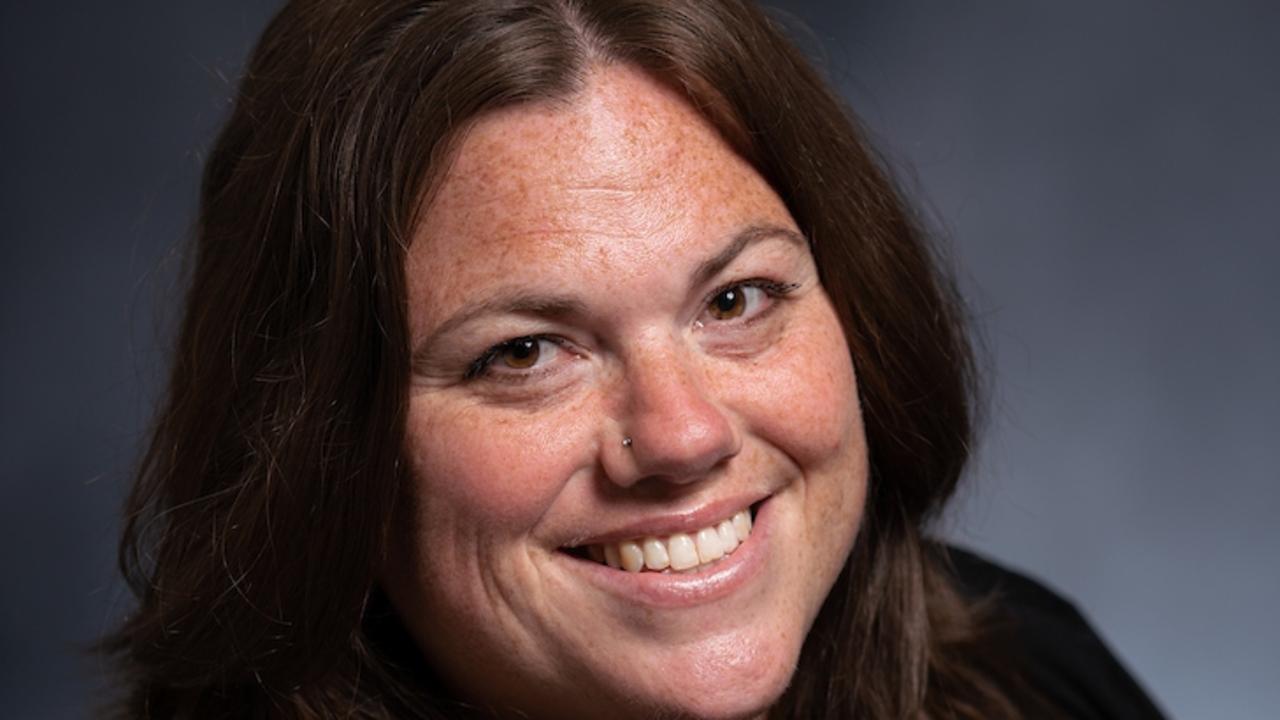Albanese government ‘refining’ 24/7 aged-care pledge amid closure warnings
The federal government admits it is ‘refining’ its centrepiece aged-care policy of 24/7 mandatory nurses in residential aged care, as the sector warns it is facing a ‘perfect storm’.

The federal government has admitted it is “refining” its centrepiece aged-care policy of 24/7 mandatory nurses in residential aged care, as the sector warns it is facing a “perfect storm” of severe workforce shortages and tough new reforms triggering shutdowns across the country.
The Australian can reveal the government has engaged the University of Wollongong for consultancy services for the development of “alternative arrangements” for the 24/7 nursing requirement, according to a government tender worth $400,000.
The university has been contracted for a six-month period between March 10 and October 27 to conduct a wide-ranging literature review to create a model for care – underpinned by world’s best practice – for when a registered nurse is not available.
The policy was a centrepiece announcement of Anthony Albanese’s 2022 budget reply speech in opposition when he announced all residential aged-care facilities would be required to roster a nurse in each home at all times by July 1 this year, a year earlier than the aged-care royal commission had recommended.
An interim report will be handed to the government at the end of May, with the review being led by Robert Gordon, an architect of Labor’s new funding model brought in last October. A final report is expected this year. The government said the advice would “refine” its 24/7 nursing requirement exemption policy which allows rural and remote areas with 30 or fewer beds to be exempt from the policy until enough nurses are found.
“Being ambitious for aged care means always searching for the best model that will improve the lives of older Australians,” Aged Care Minister Anika Wells said.

“We are not sitting still, rather we are consulting with experts to help achieve best practice and repair the workforce shortages left by nine years of neglect. The Albanese government remains committed to 24/7 nursing to help aged-care residents receive high-quality care at all times.”
Aged-care expert Paul Sadler – who has been contracted to provide consultation on the project – said the research would “provide the basis to extend the number of exemptions and the types”.
Mr Sadler is co-ordinating an expert reference group to provide advice to the university, comprised of key stakeholders including the Aged & Community Care Providers Association, Council on the Ageing and the Australian College of Nursing.
“It is essentially looking at what is best practice when you can’t get a registered nurse around the world and what alternative models could be offered up,” Mr Sadler said.
“With the level of staffing shortages that we are currently facing we anticipate that many providers will have difficulty filling the registered nurse roster at times, even if the majority of the time they are compliant, they might be struggling to fill RN vacancies on a temporary basis.
“The research is not going to be specifically advising the government on whether to extend exemptions but the conclusion of the research could feed into reasons that further exemptions might be OK. If you can show that you have in place proper care, then it may provide the basis to extend the number of exemptions and the types.”

Opposition health and aged-care spokeswoman Anne Ruston said Labor was “finally admitting” that it needed to urgently provide more support for the aged-care sector, as she attacked Ms Wells for ignoring the sector’s calls for looser restrictions and for breaking an election promise.
“For more than six months, the Coalition and the sector has been warning that aged-care home closures would be the consequence of the government’s decision to expedite staffing requirement by an entire year and impose rigid constraints on the sector,” Senator Ruston said.
“Not only has the Aged Care Minister consistently ignored these concerns and broken a headline election promise, but now she is paying $400,000 in taxpayer funds to find a last-minute workaround.
“The Aged Care Minister has some serious questions to answer, including why she is paying a consultant to find a work around when the royal commission, the aged-care sector, and the Coalition have been giving her the answers for months.”
The review comes as ACCPA, the overarching body representing residential, home and community care, warned the sector was facing a “perfect storm” of barriers limiting its ability to meet 24/7 nursing targets.
The sector is scrambling to implement a suite of reforms including mandated minutes of care per resident, quality and safety standards on top of full-time nursing requirements as it adjusts to a new funding model as recommended by the aged-care royal commission.

“We’ve seen an increasing number of facilities closing and we believe it is because of a perfect storm of issues,” ACCPA chief executive Tom Symondson said. “It’s not just 24/7 nurses on its own, or 200 minutes of care on its own, but it’s the ongoing financial situation where 70 per cent of homes are operating at a loss, plus a workforce crisis, plus the need to grow the workforce … it’s all those things put together that are causing an increasing number of providers to make the difficult decision to shut their doors.”
The overhaul comes as financial troubles plague the sector, with the latest figures from the Quarterly Financial Snapshot of the Aged Care Sector revealing 66 per cent of private providers are operating at a loss, with facilities losing an average of $28 per resident each day.
Mr Symondson said Labor’s exemption framework was “too narrow”, and argued that a “significant” number of facilities would not be able to fulfil the requirement to have registered nurses 24/7 after Ms Wells said only 5 per cent of providers would not be compliant under the rules.
“We believe the current exemptions are too narrow … we need to recognise that a significant number of services won’t meet the government’s July 1 target and won’t be eligible for an exemption, so we need to know what happens to those facilities,” Mr Symondson said.
The chief of the peak nursing professional body has warned that it could take five to 10 years for the sector to recruit enough staff to meet Mr Albanese’s target for 24/7 nurses in residential aged-care facilities, warning that there is absolutely “no way” the industry would meet Labor’s deadline of July 1.
Australian College of Nursing chief executive Kylie Ward forecast further providers would be forced to shut down under the reforms, after aged-care provider Wesley Mission closed its doors in Sydney citing difficulties attracting and retaining staff.







To join the conversation, please log in. Don't have an account? Register
Join the conversation, you are commenting as Logout